Structural Cardiac Interventional Fellowship
Description
General Overview
Training Program
Ongoing Research
Faculty
Salary and Benefits
How to Apply
Description
Structural cardiac transcatheter intervention, in adults was previously confined predominantly to the treatment of congenital cardiac defects. However rapid progress in the past decade especially with the advent of implantation of transcatheter heart valves has created a new impetus to structural cardiac intervention. Transcatheter replacement of aortic valves (TAVR) is now mainstream and now is used not only in patients at high risk for cardiac surgery but also in patients at intermediate and low risk. Transcatheter mitral valve repair (TMVR) is also widely used in high risk surgical patients in the treatment of severe mitral regurgitation both due to degenerative and functional causes using the Mitraclip™ system. Various new technologies are in development or early clinical trials for the treatment of Mitral and tricuspid valve disease using transcatheter therapies.
The structural cardiology fellowship is intended to provide highly specialized training in diagnostic and interventional cardiac procedures in structural heart disease. This includes transcatheter aortic, pulmonary and other valve replacements, transcatheter valve repair, septal closure procedures (ASD, PFO and VSD closures), other complex congenital cardiac intervention procedures such as aortic coarctation stenting, PDA occlusion, interatrial septal stenting, stenting of pulmonary arteries, coil occlusion of collaterals, and other structural cardiology procedures. UCSF is a center for various structural cardiac multicenter interventional trials and the fellowship will provide the opportunity to gain knowledge of the latest technology. This is a one-year non-ACGME fellowship within the Division of Cardiology at the University of California, San Francisco.
Candidates for the training program are therefore expected to be board certified in Internal Medicine, completed at least 3 years of fellowship in Adult Cardiology at ACGME-accredited Institutions and have completed or in training in an Interventional Cardiology Fellowship program. Fellows must have passed all 3 parts of the USMLE (For FMG candidates returning to their country of origin, consultation with the GME office would be sought).
General Overview
It is anticipated that at the end of the training period, the fellow will have performed at least 90-100 structural cardiac Interventional catheterizations. The fellow will have a full understanding of indications, risk and benefits, the need for supporting imaging data and understand the ‘Heart team’ approach for structural cardiac intervention.
The program is designed to train Interventional cardiologists who increasingly desire to obtain high-level expertise in this growing field and to prepare them for leadership of structural cardiac programs elsewhere in the United States. The fellow would also be expected to be involved in structural cardiac research and the goal of the fellowship is to train fellows pursuing academic careers, with a clinical and research emphasis.
Weekly Schedule
| Conference | AM | PM | |
|---|---|---|---|
| Monday | Valve Conference | TAVR Procedures (UCSF) | TAVR Procedures (UCSF) |
| Tuesday | Post TAVR Rounding | Structural Clinic (UCSF) | |
| Wednesday | Interventional Conference | UCSF TAVR/VA | Research/VA |
| Thursday | Multidisciplinary Structural Teaching Conference (Monthly) | ACHD/Structural Intervention Procedures (UCSF) | ACHD/Structural Intervention Procedures (UCSF) |
| Friday | ACHD Conference | Structural Procedures (UCSF) | Research/Other Lab Activities |
Training Program
The proposed training program will consist of 12 total months of training. The clinical curriculum includes structured clinical rotations and participation in required conferences along with weekly longitudinal clinics in structural heart disease and inpatient Interventional consult service.
Clinical rotations
The fellow will be involved in all structural cardiac cases and is expected to spend up to 3 days per week in the cardiac catheterization lab. The fellow will also be involved in the Structural cardiac/Intervention clinics 0.5-1 day per week and attend the Valve / Structural cardiac Intervention conference every week and the ACHD conference every week.
The Advanced Structural Cardiac Intervention fellow will be responsible for management of the inpatients admitted or post-structural cardiac intervention under the supervision of the attending team. Based on experience the individual may also be on call for STEMI cases, which will also enable them to maintain their coronary intervention skills. It is expected the individual will spent at least one day per week on structural cardiac research and if opportunities exist they will be able to participate in peripheral vascular interventions at the Parnassus site and structural cardiac interventions at the VA Medical Center in San Francisco. It also expected the individual will work with the relevant personnel in the echocardiographic laboratory and radiology to review non-invasive imaging in patients undergoing structural cardiac interventions.
The Advanced Adult Structural Cardiac Interventional fellow will play an active and integral role in the clinical services of the Medical Center. The fellow will serve as house staff on structural cardiac Interventional patients. In addition, the service will coordinate the care of structural cardiac patients who are referred to UCSF for Interventional procedures from outside the UCSF system. This coordination will include preoperative assessment and specialty consultation where appropriate, and management of post-procedural care. The fellow will also work with the Valve / TAVR coordinator and the Structural / ACHD Intervention NP in the outpatient assessment, procedure planning and post-operative care of patients.
Required Conferences:
1. Weekly:
- Structural cardiac / TAVR conference
- ACHD conference
2. Quarterly:
- Bay Area Congenital Cardiology Conference / Bay Area Interventional Cardiology Conference (BAICC)
Ongoing Research
All fellows will be expected to participate actively in a research project during their training period. This may take the form of clinical, laboratory, or systems/policy research. We recognize the time commitment involved in the conduct of original research and understand that an independent project may not be completed in the one-year training period. The research may, therefore, be a continuation of a project initiated previously. Additionally, fellows will be encouraged to participate in the ongoing structural cardiac research projects within the integrated program. The fellow will also be expected to present abstracts in national and international conferences and prepare manuscripts to journals for publication.
Faculty
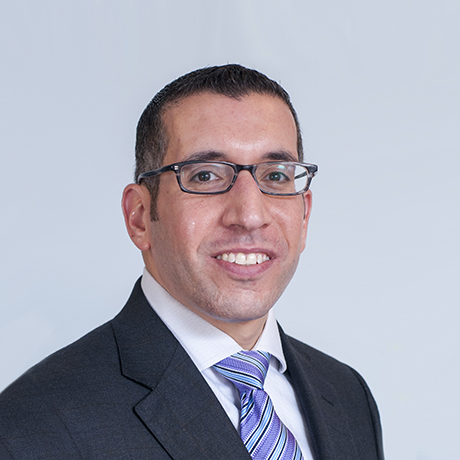 |
Sammy Elmariah, MD |
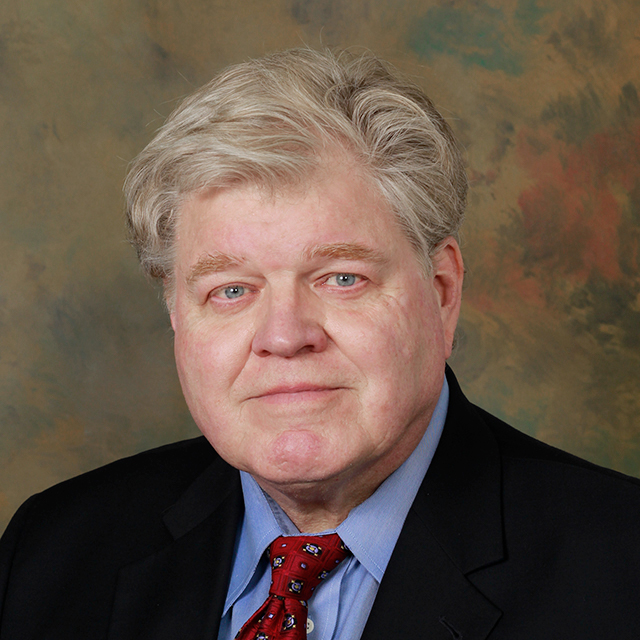 |
Tom Ports, MD Professor of Medicine |
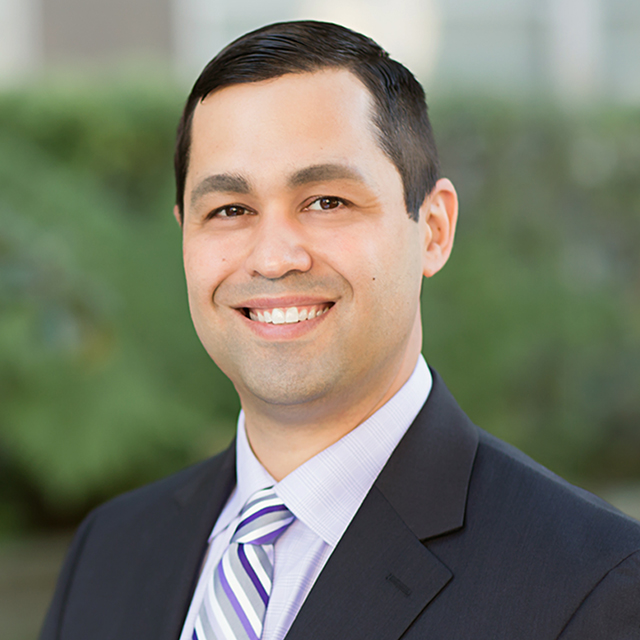 |
Krishan Soni, MD |
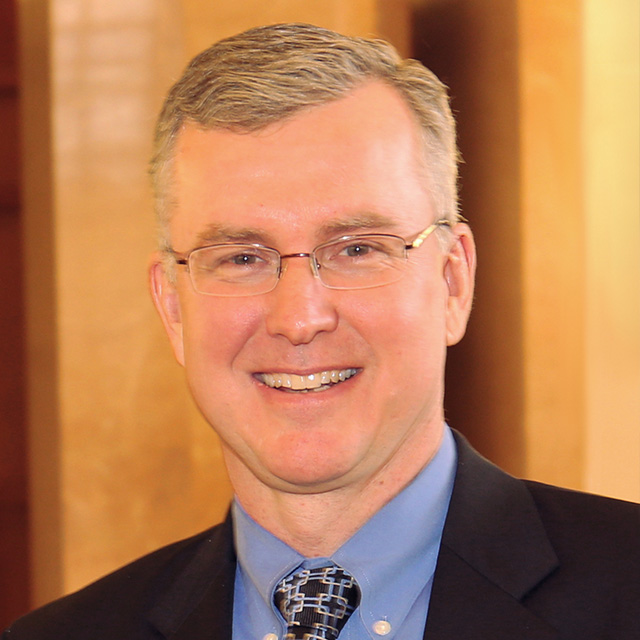 |
Kendrick Shunk, MD, PhD |
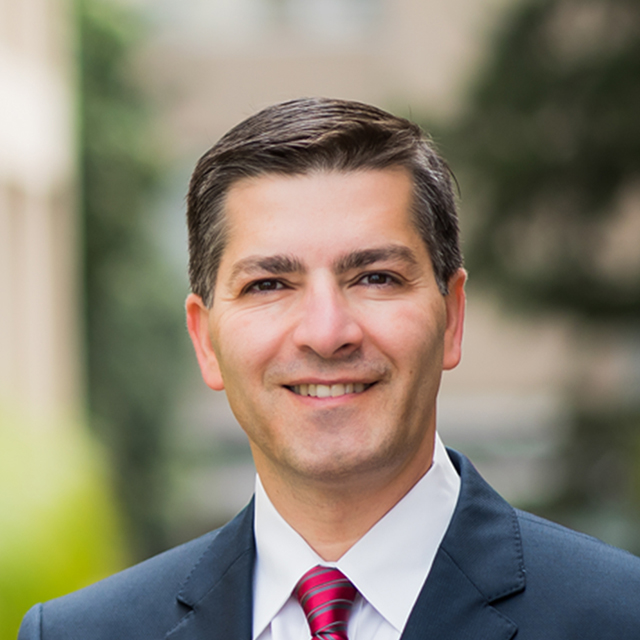 |
Yerem Yeghiazarians, MD Professor of Medicine |
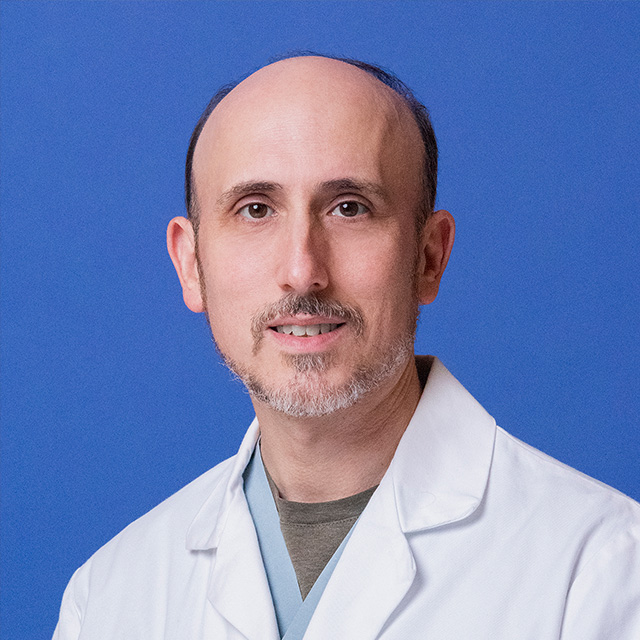 |
Jeffrey Zimmet, MD, PhD |
For other faculty members within the division, please see Faculty Profiles. For the research activity of specific faculty members, please see Research.
Salary and Benefits
Salary: The Adult Structural Cardiac Interventional Fellowship is a PGY level 8.
Benefits: UCSF provides residents and clinical fellows a rich package of health and welfare benefits at a good value. Plans include health, dental, vision, disability, and life insurance. To learn more about fellowship benefits including our retirement savings plan click here.
Vacation: Every year, fellows get 4 full weeks of vacation time in 1-week blocks. Rules about scheduling vacation varies by program.
How to Apply
We are no longer accepting applications for the 2024-2025 academic year.
|
All trainees must be able to obtain a California Medical License. 3 of the main requirements are:
For more information regarding CA Medical licensure please visit: mbc.ca.gov |
| Please send the application along with your curriculum vitae, your research interests, and 3 letters of recommendation discussing your skills as a clinician, including letters from the program directors of your current and past training programs to Michael Stover, Associate Fellowship Coordinator, [email protected]. |
J-1 and H-1B Visa Sponsorship
For international applicants, UCSF can sponsor J-1 and H-1B visas.
How to Acquire H-1B Visa Status at UCSF: https://isso.ucsf.edu/immigration-visas/h-1b-scholars
J-1 Scholar Categories at UCSF: https://isso.ucsf.edu/j-1-scholar-categories-ucsf
Professional and Ethical Behavior
The Division of Cardiology is committed to a culture of professionalism that places the needs of the patient first, maintains a commitment to scholarship, continuous quality improvement, and fosters a spirit of collaboration among colleagues. Fellows learn these attitudes from mentors and role-model clinicians. The training program is committed to maintaining a high ethical standard, a spirit of collegiality, integrity, respect, compassion, professional responsibility and accountability, courtesy, and sensitivity to patient needs and comfort. Fellows are evaluated in these areas, and they are considered to be an integral part of the training program.
